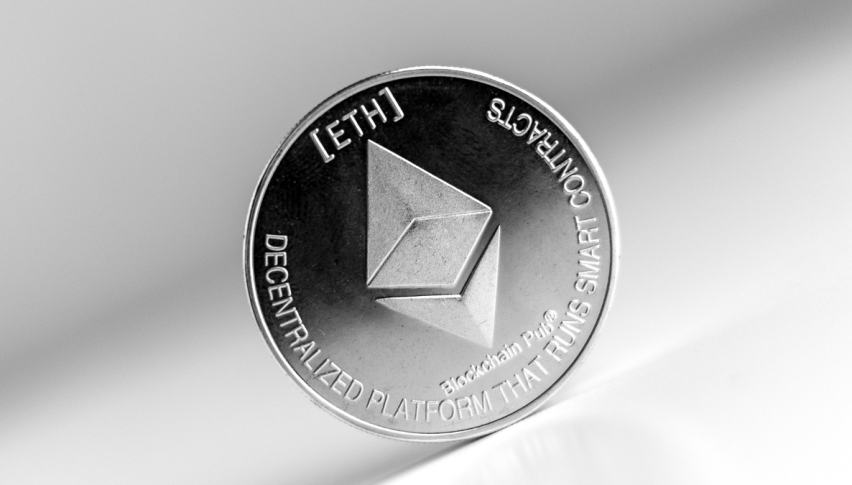Ethereum Validators Propose Gas Limit Boost to 60M: Throughput Surge on the Horizon
Ethereum may be on the verge of a major scalability leap as validators propose increasing the network's gas limit

Quick overview
- Ethereum validators propose increasing the gas limit from 30 million to 60 million, potentially doubling transaction throughput.
- If approved, this change could reduce congestion and improve user experience, particularly during peak demand periods.
- While the proposal aligns with Ethereum's scalability strategy, it raises concerns about the strain on node operators and decentralization.
- The market response has been positive, indicating growing optimism among developers and financial professionals regarding Ethereum's future.
Ethereum may be on the verge of a major scalability leap as validators propose increasing the network’s gas limit from 30 million to 60 million.

If approved, this change could significantly enhance Ethereum’s transaction throughput, reducing congestion and improving overall user experience.
Gas limits dictate the total computational effort allowed in a single Ethereum block. Doubling this capacity would mean more transactions can be processed per block, helping the network handle larger volumes of activity, particularly during peak periods. For brokers and institutional stakeholders, this could translate to faster confirmations and fewer delays during periods of high demand—a crucial advantage when timing is everything.
This proposed increase aligns with Ethereum’s broader strategy of continuous scalability improvements following recent network upgrades. While Ethereum has transitioned to Proof-of-Stake and implemented features such as sharding and Layer 2 integrations, the gas limit remains a key variable in how much activity the base layer can handle. The move to a 60 million gas limit could improve transaction processing by 2x without needing fundamental changes to the protocol.
Market response has been positive, with Ethereum’s price holding strong amid growing developer optimism. Increased throughput could make Ethereum even more competitive in the smart contract space, where rivals like Solana and Avalanche are gaining ground due to their speed advantages.
However, the proposal does come with trade-offs. Higher gas limits mean more strain on node operators, who must process and store larger amounts of data. This raises concerns about decentralization, as only well-resourced validators may be able to keep up with the demands of a more data-heavy chain.
Still, for financial professionals looking at long-term network utility and adoption, this gas limit proposal is a strong signal of Ethereum’s commitment to scalability and performance. As demand for decentralized applications and digital assets grows, Ethereum’s ability to adapt and scale efficiently will play a critical role in its market leadership—and its appeal to both institutional and retail participants alike.
- Check out our free forex signals
- Follow the top economic events on FX Leaders economic calendar
- Trade better, discover more Forex Trading Strategies
- Open a FREE Trading Account



